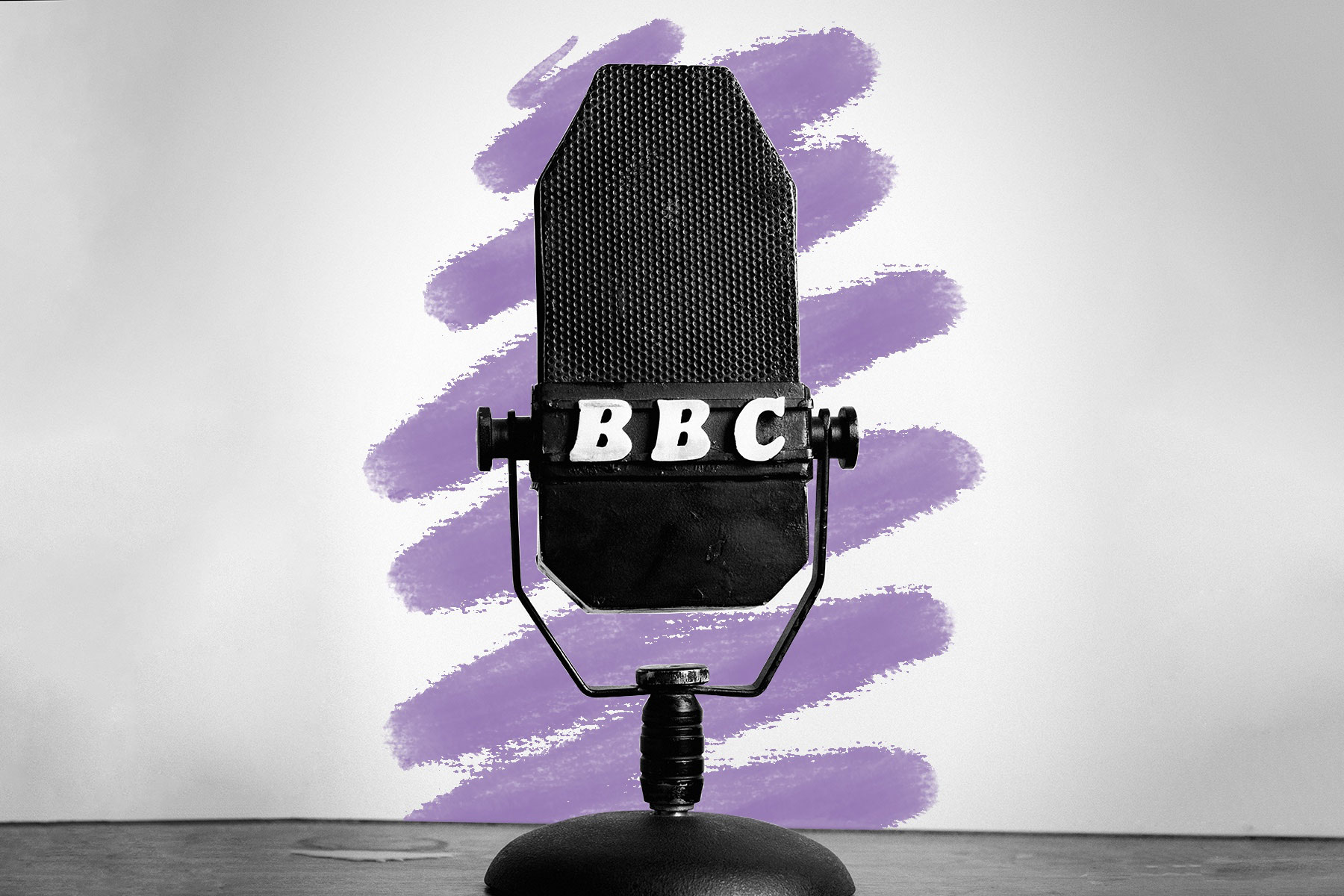On April 18, 1930, the BBC announced, “There is no news.”
With today’s 24-hour news cycle, it feels like notable events are happening every second. But on April 18, 1930, nothing newsworthy occurred — at least according to the British Broadcasting Corporation. At the start of its regular news broadcast at 8:45 p.m., the BBC announced, “Good evening. Today is Good Friday. There is no news.” This unexpected declaration was followed by 15 minutes of piano music, before the radio station resumed its broadcast of Wagner’s opera Parsifal. Though curious listeners were likely dumbfounded by this bold assertion, there were no other national networks to contest the BBC’s claim. That’s because the BBC held a nationwide monopoly on delivering news on television until 1954, and on the radio until 1972.
In reality, April 18, 1930, was quite the notable news day, as nationalist rebels conducted a raid on British forces in India, which was then part of the British Empire. But communication lines were cut during the attack, making it impossible for the BBC to be aware of the news. Under the impression there were no major headlines that day, the network felt no need to lower its broadcast standards solely to fill time. The BBC decried sensationalist news reporting, and shied away from covering local automobile accidents and fires in favor of big-picture affairs that had global repercussions. In the end, the small news department — which consisted of just two editors and two sub-editors at the time — determined that April 18 simply had no events worth commenting on.









